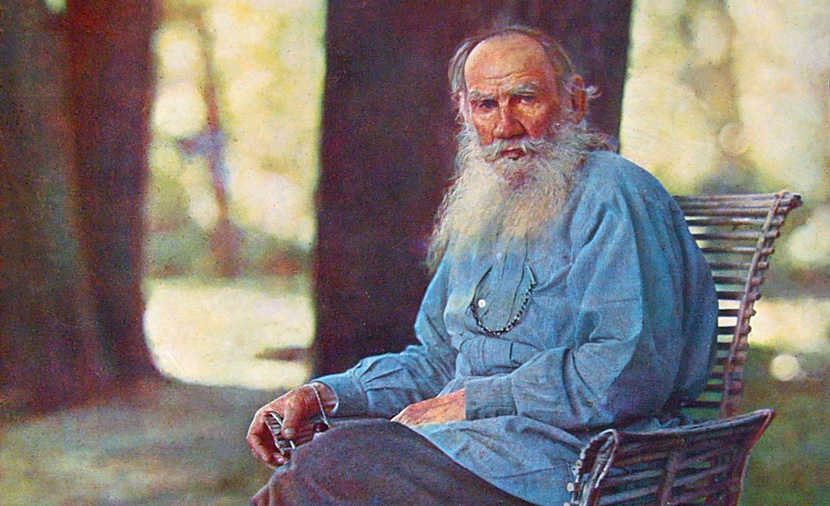
Leo Tolstoy, born nearly two centuries ago, was a towering figure in world literature, living through an era marked by sweeping social, political, and technological transformation. His life journey, from a life of opulent indulgence to one of religious and philosophical exploration, reflects these changes beautifully. Although he did not witness the Russian Revolution, he was a contemporary of Tsar Alexander II’s major reforms, such as the 1861 Emancipation reform that drastically altered the fabric of Russian society. As his life drew to a close, Tolstoy embraced emerging recording technologies that would forever change the way stories were shared.
In his later years, Tolstoy appeared on film, a medium capturing his significant moments such as his 80th birthday in 1908 and his somber funeral two years later. Notably, he was the first individual to be the subject of a color photograph in Russia in 1908. That same year, he made several audio recordings on a phonograph sent by none other than Thomas Edison. Listen to one such piece, “The Power of Childhood,” recorded on April 19, 1908, which resonates with his timeless narrative spirit.
These recordings predominantly featured Tolstoy’s voice in Russian, intended to impart wisdom to his fellow countrymen. However, a unique piece from his last publication, Wise Thoughts For Every Day, features readings in English, German, French, and Russian. This book curated his cherished selections from a wide array of thinkers, from Lao-Tzu to Emerson. Tolstoy, in his twilight years, distanced himself from his celebrated fictional works, prioritizing moral and spiritual insights for the masses instead. His recordings cover a wide array of topics such as art, ethics, poverty, nonviolence, and the death penalty, accessible for listening here.
The odyssey of how Tolstoy’s voice got immortalized in these recordings is captivating. His acquaintance with this budding technology began around 1895, when an Edison representative visited Yasnaya Polyana, Tolstoy’s estate, to capture his voice. These initial recordings traveled to Berlin and later returned to the Soviet Union post-World War II. In 1907, when Stephen Bonsal of the New York Times discovered Tolstoy’s fascination with recordings, he pledged to gift him an Edison phonograph. Edison himself, spirited by the inquiry, sent over a personally addressed machine to Tolstoy, marked with the words, “A Gift to Count Leo Tolstoy from Thomas Alva Edison.”
Edison sought multilingual recordings from Tolstoy, asking for “short messages” in English and French aimed at fostering moral and social progress. Despite his meticulous efforts, some of these treasured messages never reached Edison, like the one mentioned in a 1908 New York Times article, “Tolstoy’s Gift to Edison. Will Send Record of His Voice—Edison Gave Him a Phonograph.” The destiny of that particular recording remains a mystery. Fortunately, thanks to his endeavors and Edison’s encouragement, we can still appreciate Tolstoy’s preserved voice—an echo of a life driven by deep ideals and insatiable curiosity.
Related Content:
Learn about Tolstoy’s transition to vegetarianism and his influence on the 19th-century humanitarian movements.
Discover the story behind the sole color photograph of Tolstoy, captured by the pioneering photographer Sergey Prokudin-Gorsky in 1908.
Listen to Tolstoy’s readings from his final major work in four languages, dated 1909.
View historical footage of Tolstoy from his later years, capturing moments from the legendary writer’s life.
Josh Jones is a writer and musician based in Durham, NC. Follow him on Twitter @jdmagness



